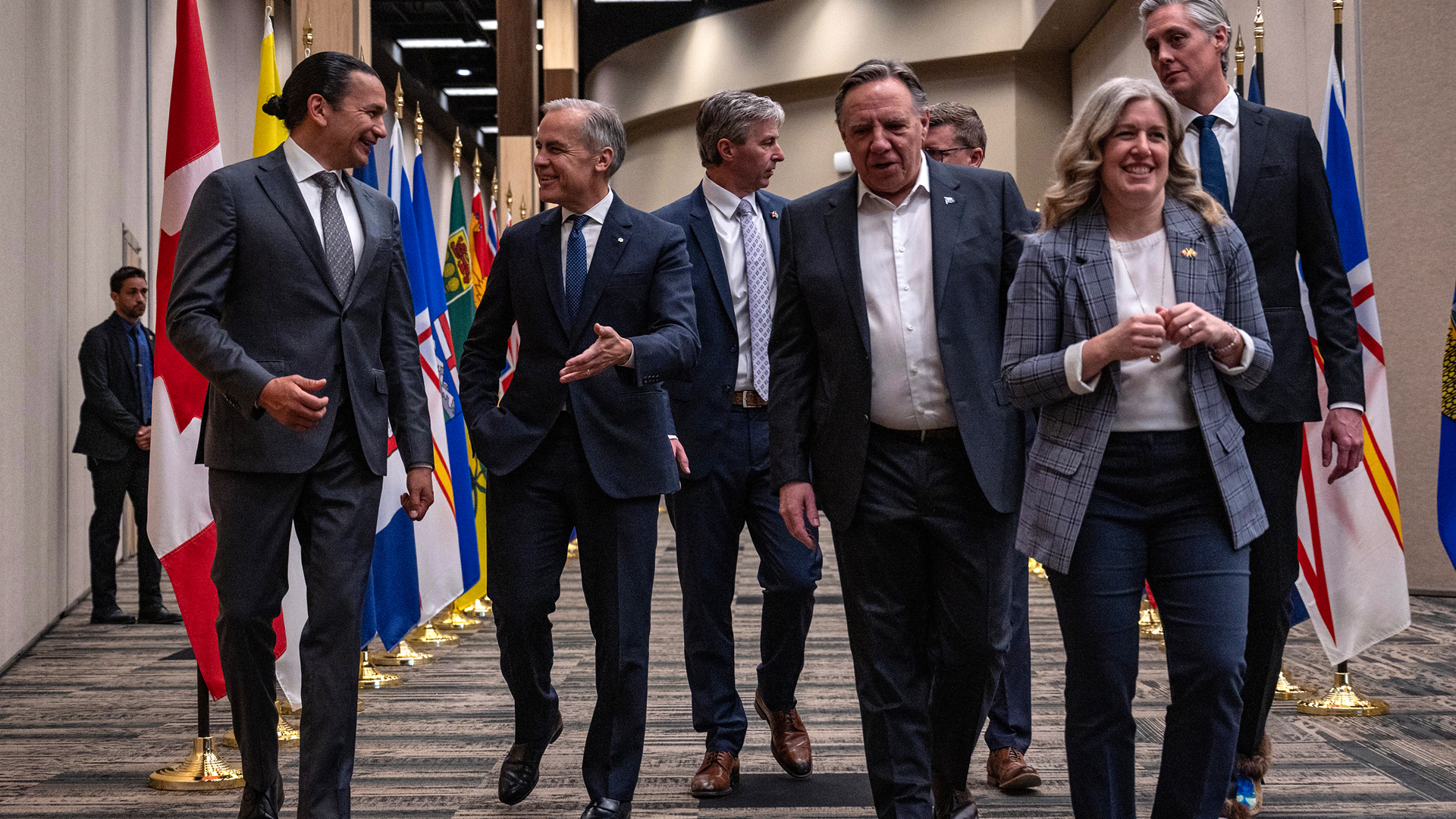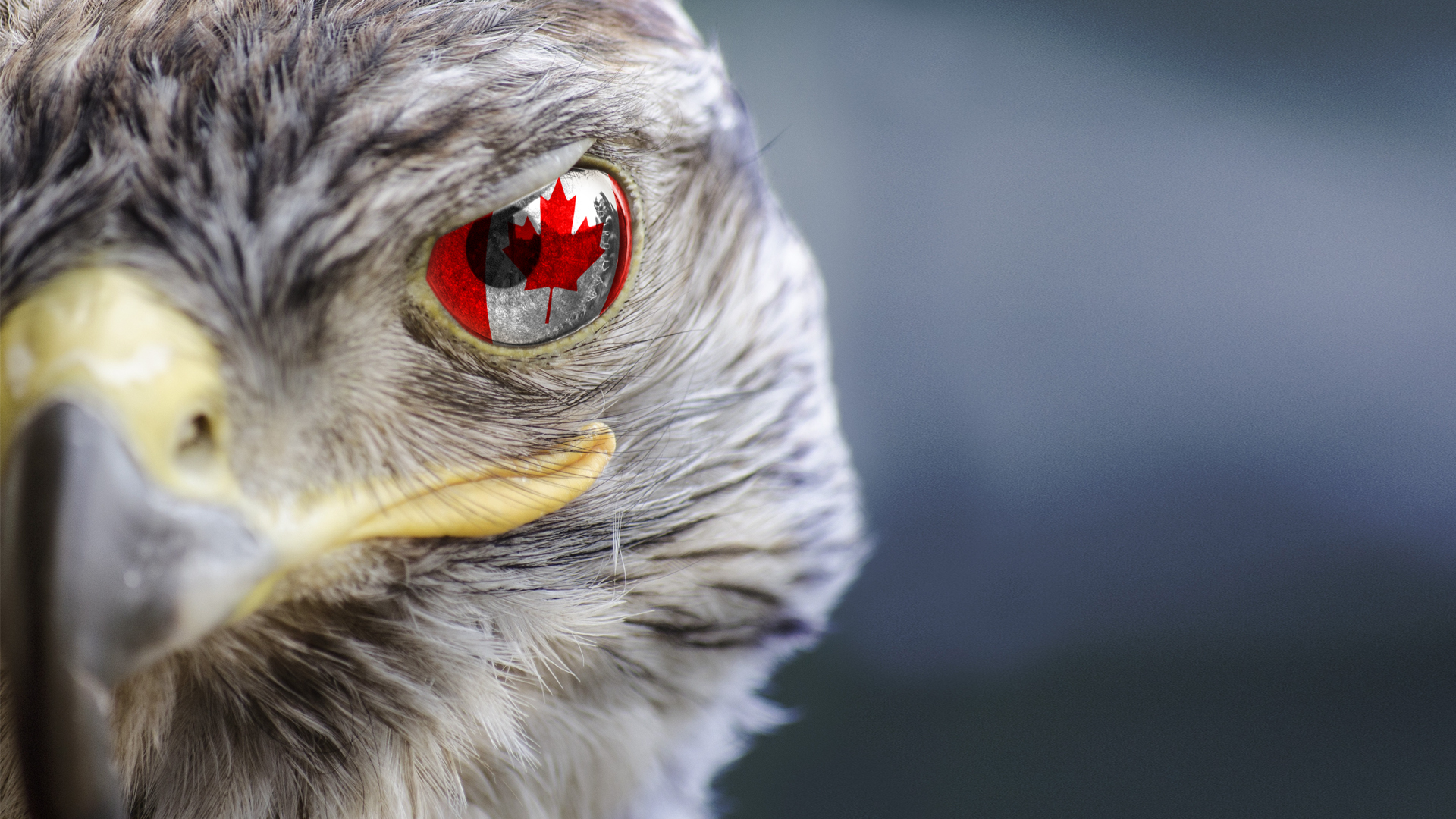
Canada is facing a seemingly intractable dilemma: we’re trying to broaden our international trade and investment portfolio, at a time when our alternatives have narrowed. Nothing illustrates this problem more acutely than the “it’s complicated” status of Canada’s relationships with Brazil, Russia, India and China — members of the BRICS emerging economies.
There is, however, a fifth member of that group: South Africa. Canada and South Africa forged strong ties in the struggle against apartheid. Both are leading members of the Commonwealth and they share a common language, common values, and legal systems based on the common law. All things being equal, could South Africa be Canada’s best bet in BRICS?
When President Cyril Ramaphosa came to power a year ago, he promised South Africans a “new dawn.” Since then, he has begun to address the country’s biggest challenges through a combination of economic reforms, anticorruption measures, targeted efforts to spur job creation, investments in critical infrastructure and the promotion of education and training.
In his recent 2019 budget speech, a candid and eloquent survey of the South African economy, Finance Minister Tito Mboweni said, “The private sector is the key engine for job creation,” and he vowed to end “the uncertainty that has undermined confidence and constrained private sector investment.” This pledge echoes a pivotal speech from South Africa’s past.
In 1992, Mboweni attended the World Economic Forum with Nelson Mandela. Addressing the forum, Mandela signalled a change in his personal views about how economic growth is best achieved: “[It] will require a rapid and sustained growth in terms of capital formation or fixed investment, drawing on both domestic and international sources to finance this investment.”
Mandela was just two years out of prison and still two years away from the presidency, but the seed he planted was that any government he led would be committed to sound fiscal policies and free markets. His goal was to reassure global business and political leaders that a post-apartheid South Africa would be a stable, secure market for trade and investment.
Like his mentor Mandela, Ramaphosa has travelled the world to reassure potential foreign investors — and he hasn’t gone alone. He named a team of senior investment envoys to secure $100 billion by 2023 to stimulate the economy. Using a vivid metaphor, Ramaphosa said, “We are unleashing this pack of lions to go and hunt down those investments.”
Early evidence suggests the hunting will be good. An investment conference in October generated $20 billion in pledges from private sector companies. That amount is in addition to a combined $35 billion in commitments from the United Kingdom, China, Saudi Arabia and the United Arab Emirates — meaning the envoys are more than halfway toward their goal.
Ramaphosa and his pack of lions argue that “South Africa is an investment destination with significant unrealized potential.” It is certainly an economy that has witnessed a decline in foreign direct investment since 2010. As Ramaphosa recently told a group at this year’s World Economic Forum, “We have the loss of nine years to make up.”
Canada’s interest in South Africa has remained consistent — even during those “lost years.” In 2013, Stephen Harper’s government’s Global Markets Action Plan identified South Africa as an emerging market “with the best potential for broad Canadian commercial interests.” South Africa was, notably, the only African country given this priority designation.
On its website, Export Development Canada gives South Africa a “low to medium” risk rating, and lists agriculture, consumer goods, machinery, oil and gas, plastics and chemicals, and telecom as “key industries.” These are all in Canada’s wheelhouse and are already the basis for our annual direct investments to South Africa, totalling over $2.5 billion in 2017.
Much of the risk in South Africa stems from short-term political uncertainty. President Ramaphosa is completing his predecessor Jacob Zuma’s unfinished term and will face voters in early May of this year. Opinion polls show that Ramaphosa is the country’s most popular political leader, but it’s too soon to say how his African National Congress party could fare.
If Ramaphosa is given a mandate to complete his substantial reforms — which very much remain a work in progress — Canada will find itself competing with other G20 suitors. In this, Canada should try to secure an early-mover advantage. While South Africa would not solve all of Canada’s international trade problems, it is a market where sensible, strategic bets could yield a strong return on investment.
The views expressed here represent the personal opinions of the author.
Photo: Shutterstock, by Inked Pixels.
Do you have something to say about the article you just read? Be part of the Policy Options discussion, and send in your own submission. Here is a link on how to do it. | Souhaitez-vous réagir à cet article ? Joignez-vous aux débats d’Options politiques et soumettez-nous votre texte en suivant ces directives.







